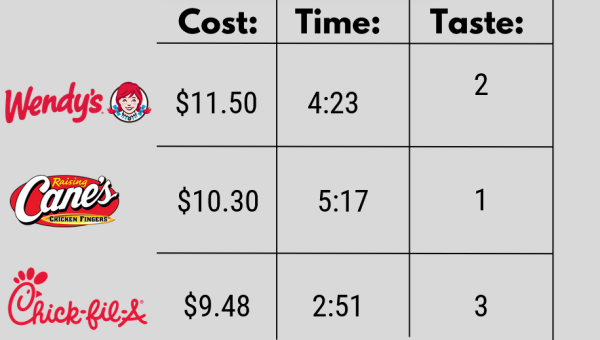Editorial: Solving the problem
Attempting to bring awareness to an issue Editor’s Note: An editorial is an unsigned opinion. It reflects the opinion of the editorial board.
When the word addiction comes up, most people think about drugs and alcohol. However, drugs aren’t the only addictions. Food, T.V., caffeine, tanning, shopping, gambling, gaming – some people see these as essential to their basic survival, as much as food, water, and shelter.
In this issue, we’ve interviewed community members who are trying to bring awareness to the issue of addiction. Though it has always been an issue, with recent deaths, overdoses and meadia coverage, this has hit home. Over the years the school has lost some students and former students to drugs, and there have been several drug related incidents in recent months.
For this reason, the Editorial Staff proposes a three-pronged approach to attempt to lessen the prevalence of drugs in the community; public awareness, broader education and support groups for the addicted.
Recently, a group of parents banded together to raise awareness in the community. All have had their own experiences with drugs affecting families, and have even gone to the school board to address the recent deaths of a former student to a heroin overdose. This group is doing a fantastic job of raising public awareness, the first prong. They are holding a Parent Awareness event on November 21 in the SFHS Performing Arts Center. We encourage community members to attend.
We need more classes or programs for teaching younger children about the effects of drugs and giving students knowledge that drugs can and will destroy their bodies. One programs the editorial board remembered was called DARE, and used to be present at the elementary schools. However, the program is no longer offered, leaving only two classes that offer that type of education. One is in the middle school health curriculum, the other is during a student’s sophomore year. However, there used to be a history of chemical counselors in all of the schools. We encourage the community and school board to come together to figure out a way to fund chemical dependency training for school counselors, or find a way to bring in a licensed CCDP counselor to work in tandem with the middle and high schools in order to work for prevention.
The final thing that would be helpful would be support groups and transition programs for those who have already fallen victim to the destructive and addicting effects of drugs. One CCDP counselor likened sending a student just out of rehab back to school (where their old habits and friends are present) to sending an alcoholic back to a bar.
The school and community could do more to slow the spread and use of drugs. Parents need to be aware of the warning signs of drug use and people need to know that an addict needs help to get over their addictions. They can’t do it alone. St. Francis is a wonderful community with many positive things happening, but it’s dealing with a nasty problem. Perhaps by shining light on the issue, we can educate, prevent and ultimately support families who are dealing with the tragedy of addiction.





